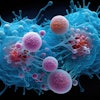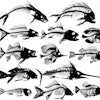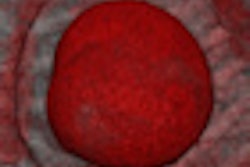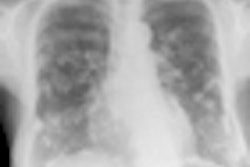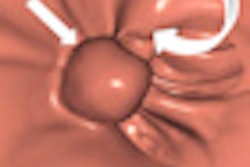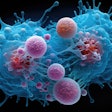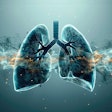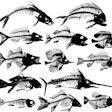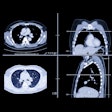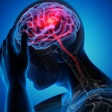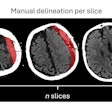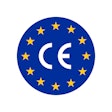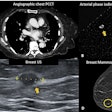Dear AuntMinnieEurope Member,
The promise of youth was evident in Paris on Friday at the French national radiology congress, the JFR, when 36 candidates took the European Diploma in Radiology exam. They came from far and wide in an attempt to advance their career prospects.
We interviewed some of the candidates to find out more about their experiences and impressions. Get the story here. Also, the new edition of France's imaging referral guidelines was unveiled at JFR, and you can click here to read our report.
MRI is the modality of choice in suspected cases of ruptured breast implants, but it's time-consuming and expensive, and can yield many false-positive results in a cancer screening setting. It's a mistake to overlook CT in such cases, said researchers from Munich. Go to our CT Digital Community, or click here.
Challenging times still lie ahead for the medical device sector in Europe, it seems. Sustained recovery may not occur until 2015, when strong growth in telehealth, clinical information systems, and electronic health records is anticipated. Visit our Healthcare Informatics Digital Community, or click here.
Overreliance on computer-aided detection (CAD) can make us lazy, the Maverinck warns in his latest column. Radiologists must know how to "fly manually" -- without letting their mental medical skills erode. Go to our Advanced Visualization Digital Community, or click here.
Zurich University Hospital is a center of excellence for PET/CT and PET/MR research, so you mustn't miss a ground-breaking article published this month in MR Materials in Physics, Biology, and Medicine. Visit our Molecular Imaging Digital Community, or click here.
Getting useful images in children as well as agitated or sedated patients is a big challenge in abdominal MRI because the need for many sequences requires a long breath-hold. Portuguese radiologists have advice on dealing with noncooperative patients. To learn more, click here.

